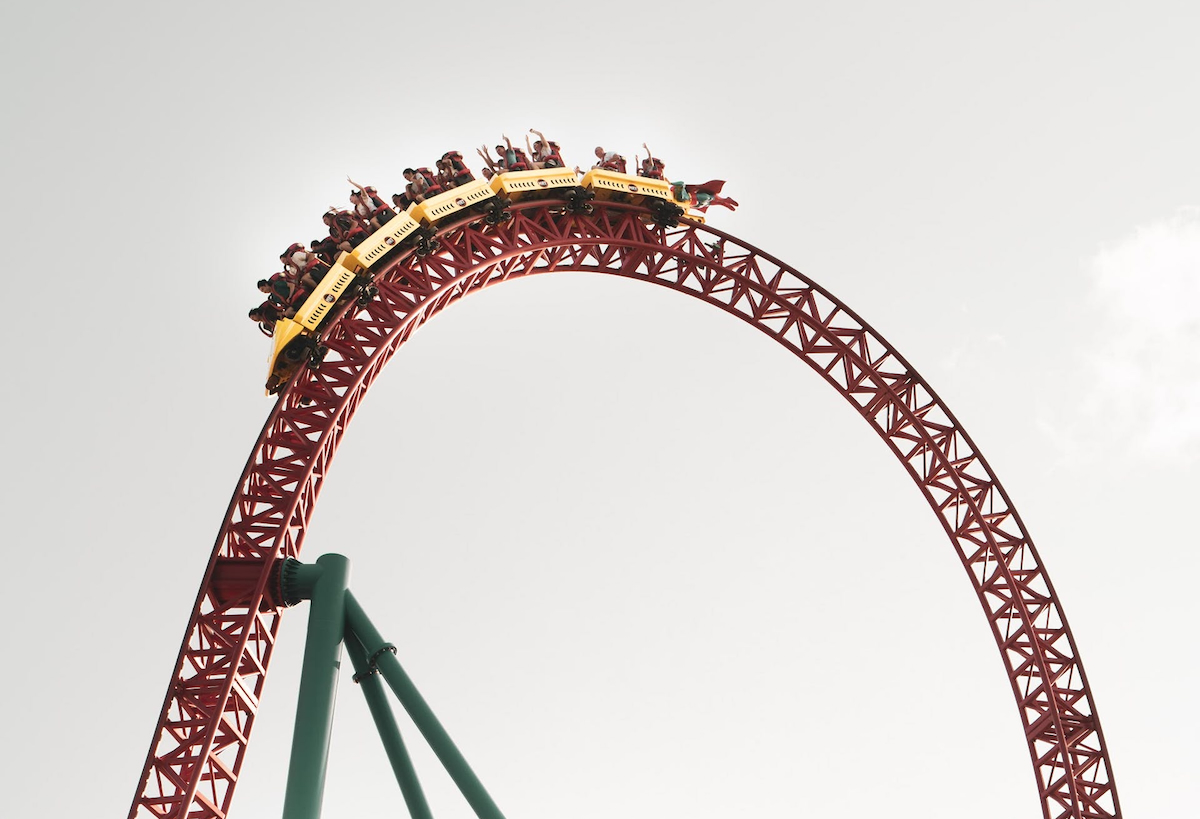Pittsburgh’s technology scene over the past 15 years resembles the hills and valleys of the region — or the roller coasters of Kennywood — with spikes and dips aligned to macro trends and our own idiosyncrasies.
The 2009 starting line was a certainly a valley. Today in 2024, despite recent market corrections, the region is learning, climbing, and grinding up the ascent. Let’s check out some of the local bumps, bruises, and highlights along the way and what is on the horizon for our region.
Flashback to Pittsburgh tech 15 years ago
In 2009, a still-young-looking President Obama had just taken office and was facing down an economy in free fall, with stagnant job creation, the bankruptcy, and fraud convictions of former world beaters Enron and WorldCom, and the massive public rescue of the “too big to fail” banks and automakers.
Pittsburgh fared better than most, buoyed by the higher wages of our highly educated labor force in the meds and eds, an energy sector boom (that later had its own bust), and a less overpriced housing market. During the recovery, we saw many green shoots marking Pittsburgh’s ascendency as an emerging innovation hub.
A fledgling Duolingo made its app public in 2012, and shortly after, we were all craning our necks to spot Uber Advanced Technologies Group (sold to Aurora Innovation in 2020) test cars with no driver. The next few years were a flurry of activity in the autonomy space with Argo AI (shut down in 2022), Aurora (SPAC with Reinvent Technology Partners Y in 2023), and others all trying to get a car to master the unforgiving streets and the infamous “Pittsburgh Left.”
Pittsburghers took using Nowait (acquired by Yelp in 2017) to get in line at a restaurant before they even started the drive over for granted. In 2016, there were pilots with Srvd at several restaurants around town to allow you to place drink orders directly for pickup at the bar to skip the line.
That means during that time, Pittsburgh was one of the handful of places in the world you could use locally developed technology to hail a driverless ride to the bar, have both a table and drink ready upon arrival, learn a new language during the trip, and pay for it, all from the same device.
Resources and wins to spur local innovation
As we know, not all of these companies survived, but that is how innovation happens. And as a region, we are creating the infrastructure to take more accurate shots at success.
Accelerators like Innovation Works (which was around long before 2009, with some help from the Commonwealth’s most famous benefactor, Benjamin Franklin), Pittsburgh Life Sciences Greenhouse, LifeX and Ascender all expanded support for entrepreneurs. Local venture funds have deployed more capital, and the state and local universities that provide an epicenter for much of the intellectual property development have invested in better supporting entrepreneurism and commercialization of discoveries.
We’ve also seen some big exits and acquisitions, which is what the region really needs to start the local capital flywheel. That little language app has a market cap of $8 billion today, Channel Biosciences was acquired for $1.24 billion by Biohaven, and Krystal Biotech has a market cap of over $3 billion after a $200 million IPO just a few years ago. With most of the FAANGs launching engineering outposts in the city over the past decade, it’s clear our world-class talent is sending out a beacon to draw dynamic companies to our city.
What Pittsburgh tech needs for more growth
But it is not all sunshine and pierogies. Entrepreneurs in Pittsburgh have historically needed to be much scrappier than their counterparts on the coasts. It is harder to raise capital locally and there are fewer opportunities for exits. These pressures have caused some talent and promising companies to leave the market.
In 2024, though, it feels like we are truly at an inflection point. Pittsburgh can become a tech hub of the future if we lean into the areas where we excel — the confluences of AI, software engineering, life sciences, advanced manufacturing, and robotics — and avoid a collective lack of focus.
The lines of demarcation between excellence in academic research and innovation in these industries of focus need blur. Government leaders and major regional institutions need to embrace enlightened self-interest to make supporting investments for the resiliency and growth of this region — and to withstand future twists and turns.







